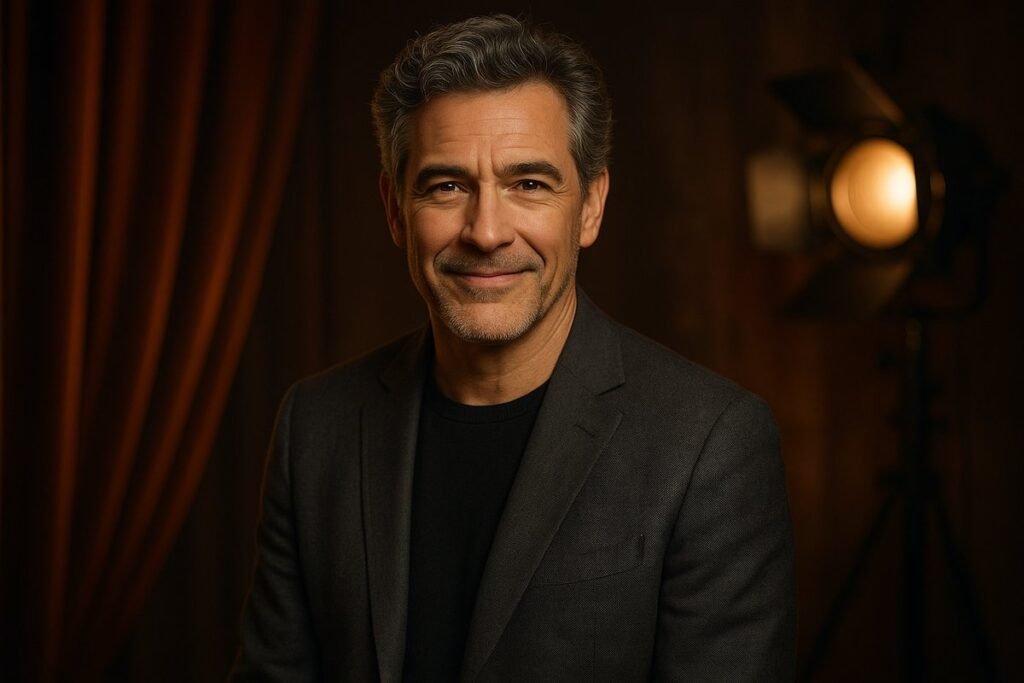When the world said goodbye to Little Richard on May 9, 2020, it lost more than just a music icon. It lost the very architect of rock and roll, a man whose electrifying performances and groundbreaking sound changed music forever. At the time of his death at 87 from bone cancer, Little Richard net worth was estimated at $40 million.
This fortune tells a complex story of incredible highs and significant financial missteps. The trailblazer earned millions but could have amassed far more. His journey offers powerful lessons in wealth management and the value of creative work.
From Macon to Millions: Little Richard’s Rise to Fame
Early Beginnings in Georgia
Richard Wayne Penniman was born in Macon, Georgia, in 1932, as one of twelve children. His early life was rooted in the church, where the passionate sounds of gospel music first ignited his love for performance.
It was a humble beginning for a boy who would soon take the world by storm. His journey from a small town in Georgia to international stardom was a testament to his unique talent and unstoppable drive.
Those early experiences shaped the artist he would become. He blended the sacred energy of gospel with the secular beat of rhythm and blues in a way nobody had heard before.
The Breakthrough That Changed Everything
In 1955, Little Richard unleashed “Tutti Frutti” upon the world. Nothing was ever the same after that moment.
The song’s wild energy and his signature shriek became an instant sensation. It launched a career that would see him release sixteen chart-topping hits in just a few short years.
He wasn’t just a musician. He was a phenomenon. His performances were legendary, drawing massive, integrated crowds and breaking down racial barriers. Little Richard became one of the first Black artists to achieve crossover success on such a massive scale.
Building Wealth Through Music and Performance
Multiple Revenue Streams
Little Richard net worth was built on a foundation of immense talent and tireless work. He sold over 30 million albums worldwide, but his income wasn’t limited to record sales.
His electrifying live shows were a major source of revenue. He toured relentlessly for decades, bringing his wild piano playing and infectious energy to audiences around the globe.
Beyond music, he appeared in films and television shows. These appearances further boosted his public profile and his bank account. Licensing deals for his timeless hits also provided a steady stream of income, ensuring his music was heard by new generations. His performance at the Super Bowl halftime show in 2004 introduced him to millions who had never experienced his magic live.
Recognition and Awards
His contributions to music did not go unnoticed. In 1986, he was among the first class of inductees into the Rock and Roll Hall of Fame.
This was followed by a Grammy Lifetime Achievement Award in 1993. He also received a star on the Hollywood Walk of Fame in 1990.
These accolades cemented his status as a living legend. They helped maintain his relevance and earning power throughout his long career. More importantly, they were a recognition of his profound impact on the music industry and popular culture.
Financial Missteps and Lost Opportunities
The Publishing Rights Decision
Despite his success, Little Richard’s financial journey was marked by a critical error made early in his career. In the mid-1950s, he sold the publishing rights to his most iconic songs for a small sum.
Those rights, which would have generated a fortune in royalties, eventually ended up with Sony. This decision had a profound and lasting impact on Little Richard net worth.
He lost out on a continuous stream of income that would have dwarfed his other earnings. It was a common story for many artists of his era who were not given savvy financial advice. The music industry was different then, and many performers signed away their futures without fully understanding what they were giving up.
Trading Royalties for Cash
Over the years, Little Richard filed several lawsuits to regain control of his music or receive fair compensation. However, he often chose to accept one-time cash settlements in exchange for dropping his claims.
This provided him with immediate funds but forfeited the long-term wealth that royalty ownership would have provided. The pattern of trading future income for present cash prevented his fortune from growing to its full potential.
While the settlements helped him live comfortably, they were a fraction of what he could have earned. Had he retained ownership of his catalog, his estate today would likely be worth many times the $40 million figure.
Life Beyond the Stage
Personal Struggles and Choices
Little Richard’s life was as colorful and complex as his music. He battled drug addiction in the 1970s and had a lifelong, complicated relationship with his faith.
He famously quit rock and roll multiple times to devote himself to gospel music and the church. These weren’t publicity stunts. They were genuine spiritual journeys that reflected his inner conflicts.
These personal journeys, while essential to his identity, also created interruptions in his career and earning trajectory. His choices were always guided by his conscience, even when they came at a financial cost. That authenticity was part of what made him so beloved.
Real Estate and Assets
In his later years, Little Richard lived a more private life. In 2000, he settled into a sprawling mansion on 17 acres in Lynchburg, Tennessee.
This home was his sanctuary away from the spotlight until his death. It was where he spent his final years in relative peace.
After he passed, the property was sold for $349,000. It was relisted a year later for $1.75 million. This dramatic price difference highlighted the value of his assets, even if they were not always managed for maximum financial return.
What Happened to Little Richard’s Fortune
The Primary Heir
The bulk of Little Richard net worth was passed on to his adopted son, Danny Jones Penniman. Richard adopted Danny in the 1980s, and the two shared a close bond throughout the remainder of his life.
Danny became the main beneficiary of his father’s estate. He has largely stayed out of the public eye and is now the steward of his father’s legacy.
He inherited not just the wealth but also the responsibility of managing Little Richard’s music catalog and preserving his memory. It’s a role he takes seriously, ensuring that his father’s contributions to music are never forgotten.
Estate Disputes and Settlements
The distribution of his fortune was not without complications. Little Richard had changed his will several times over the years.
This led to legal disputes among family members after his death. Various relatives came forward to stake a claim to his assets, which is not uncommon when large estates are involved.
Ultimately, the legal challenges were resolved through a settlement. The court confirmed Danny Penniman as the rightful heir, and the family reached an agreement on how the assets would be divided. This brought a close to the legal battle over his estate.
Religious Donations
Given his deep religious convictions, it is widely believed that a portion of Little Richard’s estate was left to religious organizations. He had a strong connection to the Seventh-Day Adventist church.
It is likely that he made provisions for donations in his final will. This act would be in keeping with his lifelong pattern of giving back to the institutions that shaped his spiritual life.
It reflects the duality of a man who was both a rock and roll wildman and a person of profound faith. He never saw a contradiction in those two sides of himself.
The Legacy Beyond the Numbers
In the end, the $40 million Little Richard net worth is only a small part of his story. While it reflects a lifetime of success, it also serves as a cautionary tale.
The importance of sound financial planning and owning one’s creative work cannot be overstated. Little Richard’s story shows what can happen when artists don’t have the right guidance early in their careers.
His true legacy is not measured in dollars but in his immeasurable influence on music. From The Beatles to Prince, countless artists owe a debt to his genius. His wild performances, his fearless self-expression, and his groundbreaking sound opened doors for generations of musicians.
Today, his son Danny ensures that legacy continues. He protects a catalog of music that will rock on for generations to come. Little Richard may be gone, but his spirit lives on every time someone hears that opening piano riff of “Tutti Frutti” and feels the urge to get up and move.







